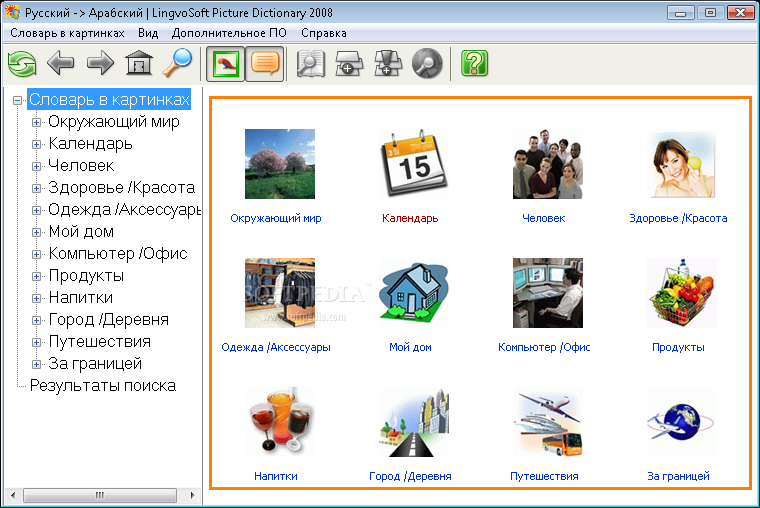Win Learning Software
Posted By admin On 12/05/19We would like to show you a description here but the site won’t allow us. LMS Software Find the best LMS Software for your business or school. Compare product reviews and features, and learn from our LMS Software Research. Learning Management System Software FAQs. What is Learning Management System Software? Learning Management System Software FAQs.
What busuu users learned
The results for busuu look good. According to the report:
- “Over 84% of the participants improved their written proficiency”
- By using the software for five hours (on average) it takes “a two-month period to cover the requirements of one college semester of Spanish”
- “Over 75% of busuu users increased their oral proficiency by at least one level”
Busuu then takes their results and compares them to the researchers’ previous work with other language learning software. But this comparison isn’t particularly helpful for choosing among today’s products because busuu compares its 2016 program with Duolingo’s 2012 program and Rosetta Stone’s CD program from 2008, and as you would expect, these programs have changed drastically since those measurements.

Learning Software For Kids
Michelle Alvarez, Head of Global Communications at Rosetta Stone Inc. wrote in an email, “As far as software development goes, eight years equates to several generations….The Rosetta Stone of today just isn’t the same Rosetta Stone of yesterday. It’s therefore hard to rely on this study as an accurate, current comparison.” Alverez notes changes such as live tutoring features and speech recognition software that compares learner’s speech against hundreds of native speakers at more than 100 times per second. “We would expect our results to be much better if a study were re-done today.”
When asked about the difficulty of comparing software programs over such a long period, busuu founder and CEO Bernhard Niesner defended the comparison in an email. He wrote, “The other apps might have improved as well since the last time they had been tested, nevertheless, the only way to compare study results is to compare them with the latest research available. Busuu will also further improve and we will continue to work with academic researchers to measure our effectiveness.”
Neisner thinks that “all the language learning providers [should] publish their efficacy study results so consumers are able to make an educated choice which program fits them best.”
Duolingo's Do-os and Don’t-os
Duolingo’s Co-Founder and CEO, who is also a professor at Carnegie Mellon, Luis von Ahn objects to the study and the measurement used. He said in an email, that in the study “they compare Duolingo from two years ago ([approximately] two months after we launched) to busuu from today. Duolingo is a continually improving system, and it's approximately 20x more popular than busuu. The question is what happens to the average user, who will likely drop their app within a few minutes.”
Duolingo doesn’t compare itself against other apps, so von Ahn won’t comment on busuu. He does reveal that “30% of the people who sign up to Duolingo become long-term active users.” He continues, “By looking at [busuu’s] claimed numbers, I assume that only about 5% of the people who sign up stick to busuu in the long term: they say they've had 60m+ people sign up. We've have about 120m, yet we're 20x more popular [at the time von Ahn looked at the numbers.]' Using Google Trends as a measure of popularity is somewhat problematic, as these numbers could be affected by promotion and news events, not just organic popularity. And it doesn't take into consideration mobile app downloads.
But beyond Google Trends as an indicator of effectiveness, von Ahn also writes that they are always looking to compare their results “against ourselves all the time (we have a team of five PhDs improving learning outcomes). Overall we're improving the speed of learning by 10-15% every quarter (i.e., this quarter it takes 10-15% less time for users of Duolingo to get to the same language level as last quarter).”
Erica Gruen, my Quantum Media colleague has a specialty in ed tech businesses; she says that consumers need to be mindful that the comparative metrics are meaningful to them specifically. “For language, there are many goals, depending on the individual. Are you trying to learn more business vocabulary, become more fluent in reading, retain fluency in conversation or establish durability of learning? Try to find specific metrics that measure your actual goals.'
Correction: In an earlier version of the article, I quoted Duolingo's von Ahn saying, “It's pretty irrelevant that a few people that were paid to learn for a few hours actually improved after using buusu.' Busuu did not pay participants, and that is quite clear in the study. Busuu's Niesner correctly pointed out in a follow up email that 'The research was done by randomly selected users and by no means have we paid them. We used exactly the same methodology as Duolingo and actually 63% more users finalized our study (144 students) than their study (88 students).'
Also On FORBES:
The Download Now link directs you to the Windows Store, where you can continue the download process. You must have an active Microsoft account to download the application. This download may not be available in some countries.
From Duolingo: